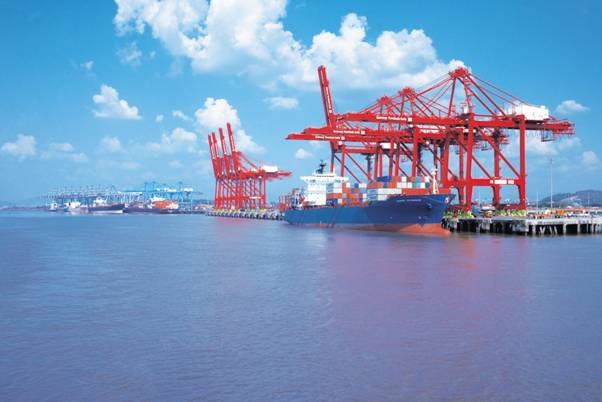TLI Staff
Focus on product standards and certification would significantly help India achieve the US$1 trillion services and merchandise exports target by 2030 and raise its current share in global trade which has been hovering around 1.5-1.8 percent, said Dr. Srikar K Reddy, Joint Secretary, Ministry of Commerce and Industry.
Speaking at the National Conclave on the Role of Standards for Globalising opportunities for Engineering MSMEs, Dr. Reddy said that the issue of standardization has assumed greater significance as India focuses on creating brand value for Indian products abroad.
Noting the importance of equipping the MSMEs in India with the knowledge of quality and standards to enable them to compete in the global arena and also for gaining market access, Dr. Reddy said that without quality standards it would be difficult for enterprises to increase their market share despite free trade agreements (FTAs) with partner countries.
“Because of economic recession and also geopolitical situations like conflict between Russia and Ukraine, we are expecting global uncertainty with regards to exports. Standards will play an important role in enhancing our share to global trade which is very less and is hovering between 1.5-1.8%. So there is significant potential to increase our market share,” he said.
Dr. Reddy informed member-exporters that as part of the Quad plus initiative, the government is negotiating Indo Pacific Economic Framework for Prosperity (IPEF).
“We are trying to have an agreement without any market access. So, basically, we are trying to harmonize standards thereby the enterprises in these 14 partner countries can increase their market share within this region. That’s why the emphasis on standards is increasing internationally,” he said.
He noted that post-WTO and also as a result of FTAs among countries there has been a significant drop in tariffs globally thus putting the focus on non-tariff barriers such as standards.
He further said that standards could contribute towards the growth of an industry in the long run as it allows for interoperability and sharing of resources thereby reducing the transaction cost and also ensuring quality for the end-user.
In his address, EEPC India Chairman Arun Kumar Garodia said that standardization brings synergy in the manufacturing ecosystem by creating a much-needed level playing field of competitiveness among large, medium, and small-scale enterprises.
While noting that the ultimate responsibility for investing and implementing the necessary resources towards quality control actually lies with the industry, Mr. Garodia said that EEPC India is working closely with constituent bodies of the Quality Council of India (QCI) namely NABL, and NABCB to create awareness among the industries on the various certifications, standards, testing, and compliance issues.
He said that India has emerged as the 5th largest manufacturing nation and is likely to emerge as the third-largest in the next few years.
“According to recent reports, India is one of the largest SME markets in the world. We have close to 75 million SMEs, which is projected to grow to 95 million or more in the next few years. It already contributes more than a trillion dollars to the economy and has the potential to create 10s of millions of jobs in the next few years,” Garodia said.
He stated that there is a tremendous amount of challenge in setting up the right ecosystem for quality standardization, the right technology, and their penetration to ensure level playing fields with large enterprises.
“Unfortunately, only 30% of the 70 million MSMEs in India are availing the benefits of digitization, thus, as more entities enroll on the digital platform, the more of them would be exposed to the latest trends on quality standards which would further catalyze the massive opportunities which are yet to be uncovered in the near future in the manufacturing sector,” Garodia said.
Pankaj Chadha, Sr Vice Chairman, EEPC India extended a vote of thanks to all the eminent participants in the National Conclave for creating much-needed awareness about standardization, testing, and certifications.

